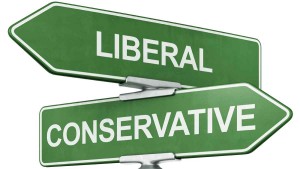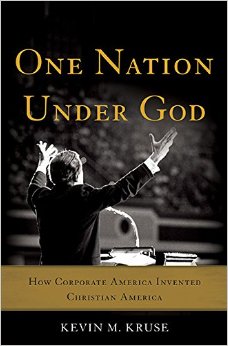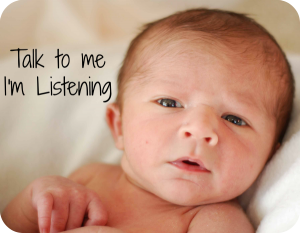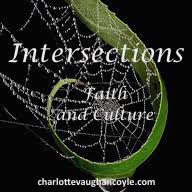My adult son and I see the world quite differently. I’m fascinated to think about how often this is true of parents and children. We bond early, grow together, learn from many of the same sources, but even in their young days, children develop an interpretation of the world around them that can differ dramatically from their parents. Never mind when they launch and begin to engage society without us; a myriad of other influences play their own roles in the shaping of each unique human being.
Our differences are fascinating and they are also very normal.
Differences are not a problem. But sometimes the way we respond to our differences can create all sorts of relationship problems.
I can’t change my son; those days are long gone. He can’t change me; my opinions and belief system are my own responsibility and I’m not going to change my beliefs just to create an artificial peace in our family.
But we keep learning how to talk to each other. And how to listen to each other. And how to respond appropriately to the cues that come to us as we communicate with each other.
I read a blog recently from the Hands Free Mama, Rachel Macy Stafford, and her wisdom rang deeply true for me. She – like I – continue to grow weary of the toxic conversation that swirls all around us these days. As a progressive Christian, some of the opinions I hear coming from the religious Right and the non-religious Left bother me. As a American, some of the modes and methods of too many of our politicians anger me. As a citizen of the world, some of the isolationist rhetoric alarms me
I can’t change what is going on in Washington, Moscow or Beijing. I know I can mail letters and make phone calls, sign petitions and vote, but I’m not in charge of the world.
However I am in charge of myself.
I can control how I respond to my family and friends and neighbors. I can even manage my mental and emotional reactions to the politicians and preachers who say and do things that make me crazy. I can react to the cues that others send – not in kind – but with my own commitment to goodness and grace.
Rachel calls it The Cue to Love.
It looks like this:
Another person’s closemindedness is my cue to be curious instead of defensive.
Another person’s shaming language is my cue to speak words of acceptance.
Another person’s hostility is my cue to be a peacemaker.
Another person’s arrogance is my cue to gain understanding.
Another person’s quick-to-judge attitude is my cue to remember we’re more alike than different.
Another person’s vitriol towards a group of people is my cue to love all in abundance.
It’s easy to see how accepting cues to love when we feel most unloving is helpful to the world as a whole, but taking these cues greatly benefit us at a personal level. One of my favorite enlightenment authors, Marianne Williamson writes, “Growth comes from focusing on our highest lessons, not someone else’s.”
I can choose to perpetuate the turmoil as it churns all around me; or I can choose to live as a calm presence in the midst of confusion.
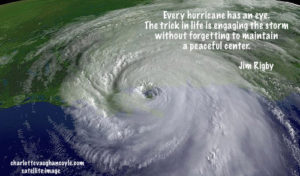 I can allow my most precious relationships to rupture; or I can respond with grace and healing.
I can allow my most precious relationships to rupture; or I can respond with grace and healing.
I can react in kind to cues of anger, fear, blame and shame; or I can take those signals as my cue to love.
I have made my choice. Now all I need to do is keep practicing, rehearsing and refining my efforts. This work will probably keep me busy for the rest of my life, so I figure I’d better get started.
Read Rachel Macy Stafford’s blog here:
Use this Emotional Cue to Turn Other People’s Infuriating Opinions into Your Highest Lessons
 I’m one of countless humans who have made such journeys but it saddens me that many of my fellow Liberals seem to have forgotten their mother tongue. We are people who understand where Conservatives are coming from, not only because we have been there but also because many of our friends and family still live there. Our bilingual skills are desperately needed in these days of rancor and blame. We need to use our ability to understand their world and speak their language so that we can help build more bridges of communication.
I’m one of countless humans who have made such journeys but it saddens me that many of my fellow Liberals seem to have forgotten their mother tongue. We are people who understand where Conservatives are coming from, not only because we have been there but also because many of our friends and family still live there. Our bilingual skills are desperately needed in these days of rancor and blame. We need to use our ability to understand their world and speak their language so that we can help build more bridges of communication. I’m also on the search for other bilingual partners who are willing to use their skills of understanding the world of another and are willing to speak their language. This is how we can change the world: one conversation at a time, one friendship at a time, one bridge at a time.
I’m also on the search for other bilingual partners who are willing to use their skills of understanding the world of another and are willing to speak their language. This is how we can change the world: one conversation at a time, one friendship at a time, one bridge at a time.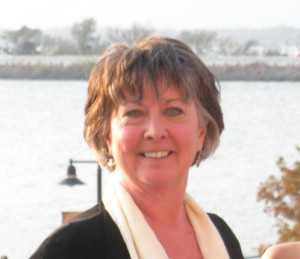
 Much has been made of the puzzling Evangelical Christian support of Donald Trump. This poster boy for materialism, narcissism and perversion of power contradicts every heretofore voiced value of any authentic expression of Evangelical Christianity. He even mocks the cornerstone Religious Right issues of abortion and homosexuality by mouthing transparent platitudes that everyone knows deny and spin his actual positions.
Much has been made of the puzzling Evangelical Christian support of Donald Trump. This poster boy for materialism, narcissism and perversion of power contradicts every heretofore voiced value of any authentic expression of Evangelical Christianity. He even mocks the cornerstone Religious Right issues of abortion and homosexuality by mouthing transparent platitudes that everyone knows deny and spin his actual positions.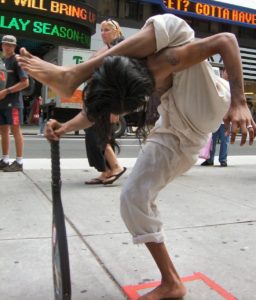 But too many of them support him because of their convoluted mental gymnastics. Trump does not care about protecting the unborn as they pretend to believe he will. He does not care if same gendered people are married. He only cares about himself: his money and his power. And yet too many kind-hearted, sincere believers have allowed themselves to believe he cares about them and their issues.
But too many of them support him because of their convoluted mental gymnastics. Trump does not care about protecting the unborn as they pretend to believe he will. He does not care if same gendered people are married. He only cares about himself: his money and his power. And yet too many kind-hearted, sincere believers have allowed themselves to believe he cares about them and their issues.